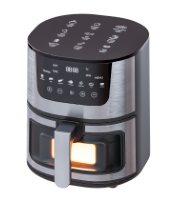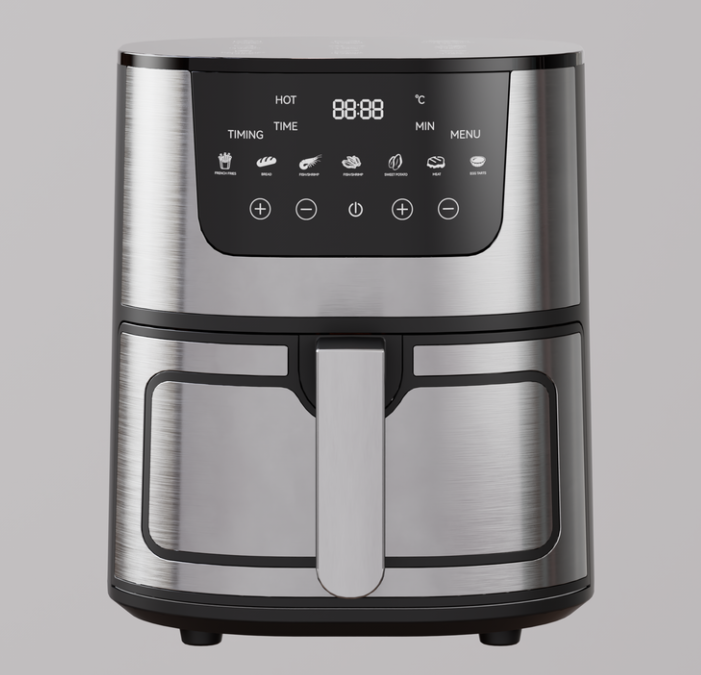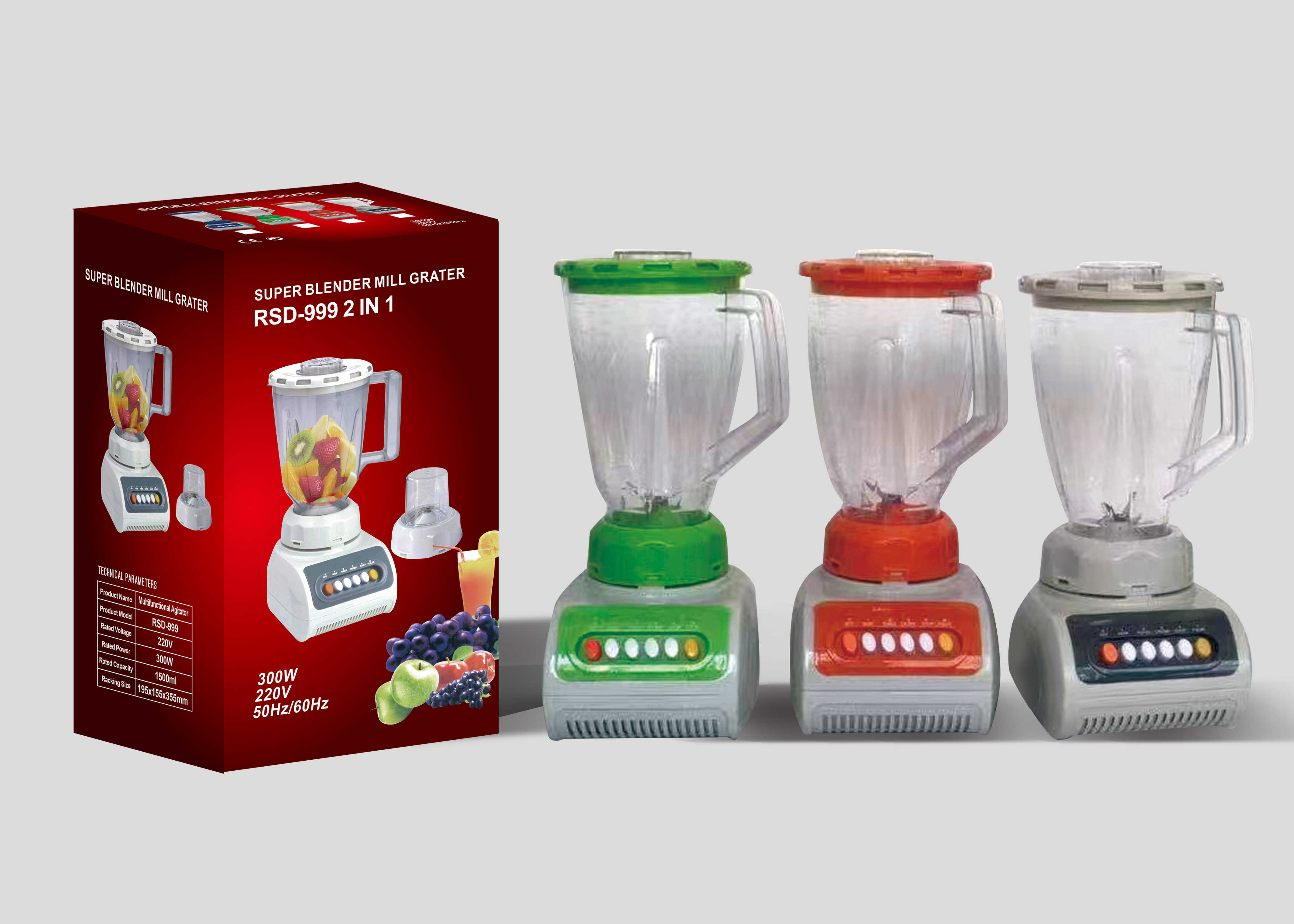How to choose suitable household appliances for oneself
Clarify one's own needs:
Family demographics and usage scenarios:
If it is a large family with a high demand for refrigerator and washing machine capacity, it is recommended to choose a large capacity refrigerator, such as a double door, cross door, or French multi door refrigerator with a capacity of 500 liters or more; For washing machines, choose high-capacity products weighing 10 kilograms or more, so that they can simultaneously clean large items such as clothing, bed sheets, and covers. For example, brands such as Hisense and Haier have high-capacity refrigerator products designed for large families. Single individuals or small families can meet their daily needs by choosing a medium-sized refrigerator and washing machine, such as a 200-300 liter refrigerator and a 6-8 kilogram washing machine.
If there are children at home, it is important to pay attention to the safety and health functions of household appliances. For example, choosing washing machines, refrigerators, etc. with child lock function to prevent children from accidentally operating them; For air purifiers, air conditioners, etc., it is best to have good antibacterial and formaldehyde removal functions to create a healthy living environment for children.
Personal lifestyle habits and preferences:
People who usually enjoy watching high-definition movies and playing games have high requirements for TV quality, resolution, refresh rate, etc. It is recommended to choose TVs with 4K or higher resolution and high refresh rate, such as OLED, MiniLED and other display technology products, which can bring a better visual experience.
People who love cooking and have high requirements for food preservation should pay attention to the preservation technology and functions of the refrigerator when choosing it. Refrigerators with zero degree preservation, dry and wet storage, intelligent temperature control, and other functions are more suitable and can better preserve the freshness and nutrition of ingredients.
Evaluate product performance:
Energy efficiency level: The higher the energy efficiency level, the more energy-efficient the household appliances are, and long-term use can save a lot of electricity costs. Generally speaking, household appliances with energy efficiency levels reaching level one or two are more energy-efficient and should be given priority. For example, first level energy-efficient air conditioners, refrigerators, etc., although purchased at a relatively high price, are relatively cost-effective in terms of long-term usage costs.
Core functions:
Refrigerator: Focus on cooling methods, freezing capacity, and noise. Air cooled refrigerators have fast cooling speed, uniform temperature, and are less prone to frosting, making them more convenient to use; A refrigerator with strong freezing ability can quickly freeze food and better maintain its freshness; The noise level affects the comfort of use, so it is recommended to choose a refrigerator with a noise level below 40 decibels.
Washing machine: The washing ratio, motor type, and functional mode are key factors. The higher the washing ratio, the cleaner the clothes will be washed. It is recommended to choose products with a washing ratio of 1.0 or above; In terms of motor types, variable frequency motors are more energy-efficient, quiet, durable, and produce less noise during operation compared to fixed frequency motors; In terms of functional modes, there should be multiple modes such as daily washing, quick washing, wool washing, down jacket washing, etc., to meet the cleaning needs of different clothes.
TV: Mainly considering picture quality, sound quality, and intelligent functions. In terms of image quality, attention should be paid to parameters such as resolution, color gamut, contrast, and brightness. High resolution, wide color gamut, high contrast, and appropriate brightness can present clearer and more realistic images; In terms of sound quality, TVs with technologies such as Dolby sound effects and DTS sound effects will have better sound effects; In terms of intelligent functions, a TV with an intelligent operating system, support for voice control, and the ability to connect to the network and install applications is more convenient to use.
Air conditioning: Cooling and heating efficiency, horsepower, and noise are important indicators. Choose the appropriate number of air conditioners based on the room area, typically requiring 150-200 watts of cooling or heating capacity per square meter; The noise level also affects the user experience, so it is advisable to choose products with noise levels below 45 decibels.
Consider brand and after-sales service:
Brand: Choosing household appliances from well-known brands ensures better quality and after-sales service. Famous brands usually have stricter quality control systems and more comprehensive after-sales service networks, which can promptly solve problems encountered by users during use. You can learn about the reputation and credibility of different brands through online channels, recommendations from friends, and consumer reviews.
After sales: Understand the brand's after-sales service policy, including warranty period, repair methods, customer service response speed, etc. Good after-sales service can make users feel more at ease when using household appliances, avoiding situations where no one solves problems after they occur.
Measure budget range:
Determine your budget range and choose cost-effective products within that range. Don't blindly pursue high-end products or products that are too cheap. High end products may have excess functionality and inflated prices, while products that are too cheap may not guarantee quality and performance.
During some promotional activities, purchasing household appliances such as "618", "Double 11" and other e-commerce promotions or holiday promotions in shopping malls can often enjoy significant discounts and save some costs.
Pay attention to product size and spatial adaptability: Before purchasing household appliances, measure the space size of the home where the appliances are placed to ensure that the selected appliances can be installed smoothly and used normally. For example, in households with limited kitchen space, choosing ultra-thin or embedded refrigerators can save space; For families with small living room areas, it is not advisable to choose a TV that is too large to avoid visual pressure.











Please first Loginlater ~